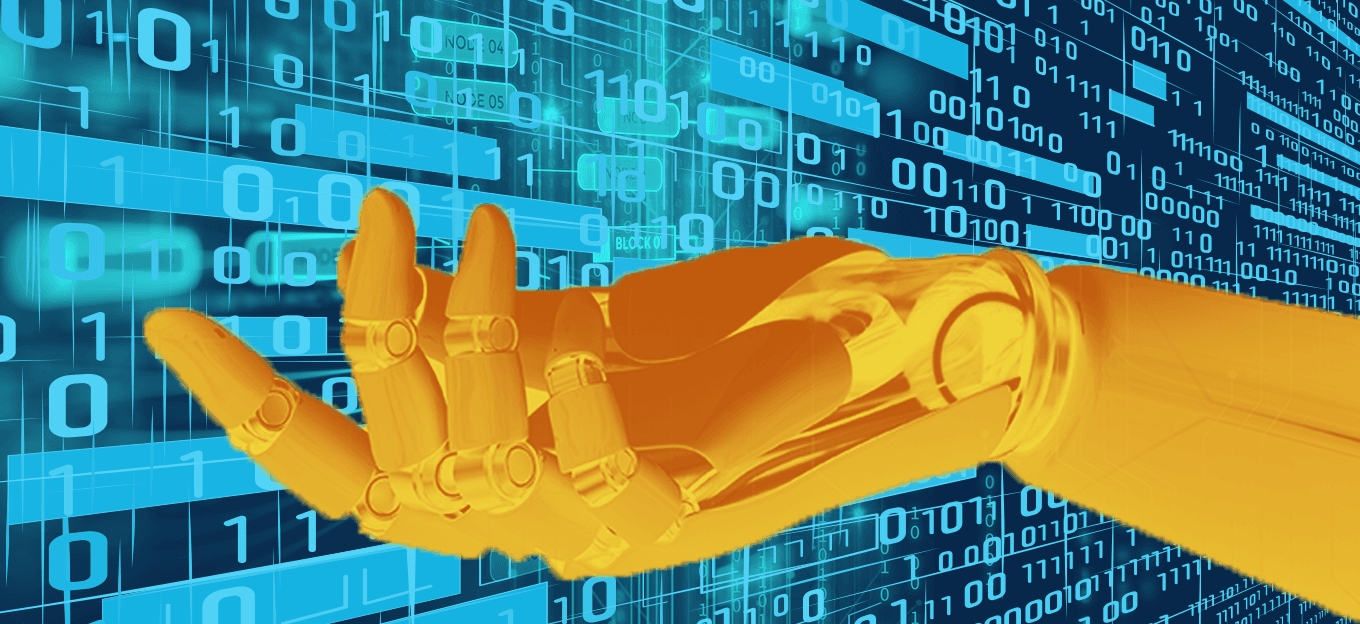AI: The Economic Engine of the Future
AI: The Economic Engine of the Future
- Last Updated: December 2, 2024
Guest Writer
- Last Updated: December 2, 2024



AI is often described as the economic engine of the future. But to realize that growth, we must think beyond AI to the whole system of data and the rules and context surrounding it: our data infrastructure (DI). Our DI supports our AI technology and our technical leadership more generally; it underpins COVID reporting, airline ticket bookings, social networking, and most if not all activity on the internet. From the unsuccessful launch of healthcare.gov to the recent failure of Haven to the months-long hack into hundreds of government databases, we have seen the consequences DI can have. More data does not lead to better outcomes; improved DI leads to better outcomes.
Because AI is fundamentally limited by the data that feeds it, we must build the best DI to win the AI race.
Fortunately, we have the technology and foresight to prevent future disasters if we act now. Because AI is fundamentally limited by the data that feeds it, we must build the best DI to win the AI race. The Biden Administration can play a helpful role here by defining standards and funding research into data technologies. Better DI will speed responsiveness to future crises (consider COVID data delays) and establish global technology leadership via standards and commerce. Better DI will ensure that anomalies, like ones that would have helped us identify Russia hack much sooner, will be evident to prevent future malfeasance by foreign actors.
To build on what was accomplished in the Obama Administration, below are some recommendations for the Biden Administration that could be initiated.
Prioritize Data Interoperability
In 2016, the Department of Commerce (DOC) discovered that, on average, it took six months to onboard new suppliers to a midsize trucking company—because of issues with data interoperability. The entire American economy would benefit from encouraging more companies to establish semantic standards internally and between companies to speak to other data. According to a DOC report in early 2020, the technology now exists for mismatched data to communicate more easily and data integrity to be guaranteed, thanks to a new area of math called Applied Category Theory (ACT). This should be made widely available.
Enforce Data Provenance
As data is transformed across platforms—including trendy cloud migrations—its lineage often gets lost. A decision denying your small business loan can and should be traceable back to the precise data the loan officer had at that time. There are traceability laws on the books, but they have been rarely enforced because up until now, the technology hasn’t been available to comply. That’s no longer an excuse. The fidelity of data and the models on top of them should be proven—down to the level of math—to have maintained integrity.
Formalize Our Future
When we built 20th-century assembly lines, we established where and how screws would be made; we did not ask the village blacksmith to fashion custom screws for every home repair. With AI, once we know what we want to have automated (and there are good reasons not to automate everything!), we should then define how we want it to behave. As you read this, 18 million programmers are already formalizing rules across every aspect of technology. As an automated car approaches a crosswalk, should it slow down every time, or only if it senses a pedestrian? Questions like this one—across the whole economy—are best answered in a uniform way across manufacturers, based on standardized, formal, and socially accepted definitions of risk.
Along with the DI improvements above, any broader AI policies will benefit from these qualities:
Automate Smaller
There is a danger to the idea that anything that can be automated fully should be automated fully. We naturally compartmentalize physical assembly lines: there is a separate mechanism for chassis construction versus exterior painting in a car factory. That’s a helpful framework for digital automation. Instead of linking different, disparate components into ever-larger automated systems, let’s keep humans involved at every step, which will increase both safety and trust in the system.
Ensure Human Backstops
In addition to human involvement when the system is working, we need to require human circuit-breakers if it fails. AI is not magic, and errors are inevitable. Sometimes these result in catastrophic failure— a Boeing 737Max falling from the sky, or a massive pharmaceutical trial faltering. Automation will speed us up; at the same time, we must slow ourselves down. We must carefully define the outcome we expect; then we should bake in circuit breakers at every level. If we have an outcome outside the parameters we have chosen, a switch flips and demands human oversight.
Encourage Project-Based Education
Contrary to popular belief, we do not need millions of more computer programmers. What we need are millions more technologically astute individuals to work alongside programmers. Deserving programs for children include First Robotics, which encourages everyone to find a comfortable space within a development project. Other wonderful organizations such as Girls Who Code and Black Girls Code can broaden their messaging beyond coding itself to other careers in these new industries. If we expand the mission of groups like these, we can encourage today’s kids to become more comfortable active participants in a digital world. We must diversify every seat around the table, including deciding what values we want to program into our world.
The Biden Administration will oversee a massive digitalization of our economy. By the end of the first term, 99% of all data will have been created since Biden took office. The strength of the infrastructure that automates this data will support our economy's foundation for the next generation. Focused investment can materially improve our companies' flexibility to respond to surprises, along with the quality of available jobs and our trust in digital systems. With these foundational recommendations and broad and active leadership, we can avoid the dystopian vision of AI that so many fear. Instead, we can look forward to a digital future in which we trust.
The Most Comprehensive IoT Newsletter for Enterprises
Showcasing the highest-quality content, resources, news, and insights from the world of the Internet of Things. Subscribe to remain informed and up-to-date.
New Podcast Episode

The State of Cybersecurity in IoT
Related Articles


